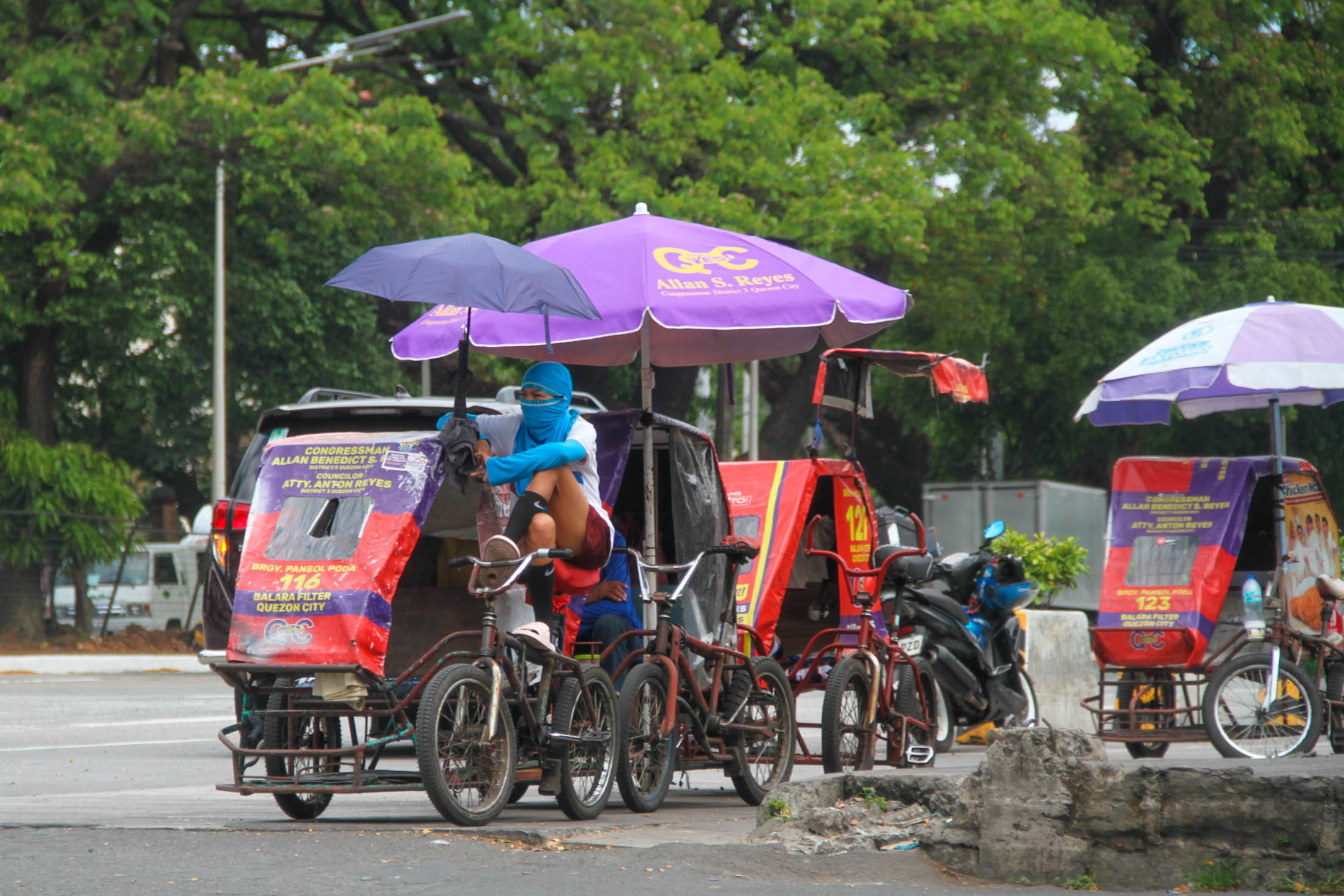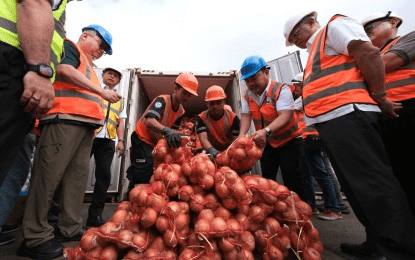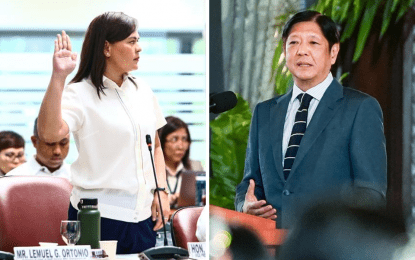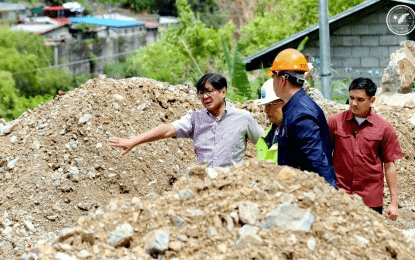By Joyce Ann L. Rocamora
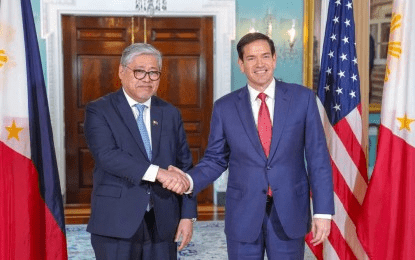
MANILA – The Philippines and the United States’ top diplomats have met to discuss enhancing bilateral economic ties and China’s “destabilizing actions” in the South China Sea, the US State Department said Tuesday.
Foreign Affairs Secretary Enrique Manalo and US Secretary of State Marco Rubio met during the former’s working visit to Washington DC on Monday.
“Secretary Rubio and Secretary Manalo committed to deepening cooperation on addressing China’s destabilizing actions in the South China Sea and to increasing economic cooperation to mutually benefit American and Philippine citizens,” said State Department Spokesperson Tammy Bruce in a readout.
Rubio, she said, reaffirmed that the US-Philippines alliance, anchored on the 1951 Mutual Defense Treaty, plays a “vital role” in maintaining a free and open Indo-Pacific region.
Last month, the US Department of Defense criticized China over its actions in the South China Sea, including the use of water cannons against vessels and involvement in ship-to-ship collisions.
The two officials cited recent positive developments on security relations, including commitments on building a defense industrial cooperation, the US offers of foreign military sales to meet Philippine needs, and the conduct of the latest Balikatan exercises.
On the economic front, the two looked forward to the positive conclusion of high-level talks between the two nations’ economic managers on the US reciprocal tariffs.
Manalo and Rubio also “committed to exploring new opportunities” for cooperation with regional allies and partners, including trilaterally with Japan through the Luzon Economic Corridor, said Bruce.
The Philippines, US, and Japan launched the corridor in April 2024 to back development in Luzon, with a flagship project of connecting Subic Bay, Clark, Manila, and Batangas through a cargo railway.
Under this initiative, the three states commit to accelerating coordinated investments in high-impact infrastructure projects, including ports modernization, clean energy, semiconductor supply chains and deployments, agribusiness, and civilian port upgrades at Subic Bay. (PNA)

